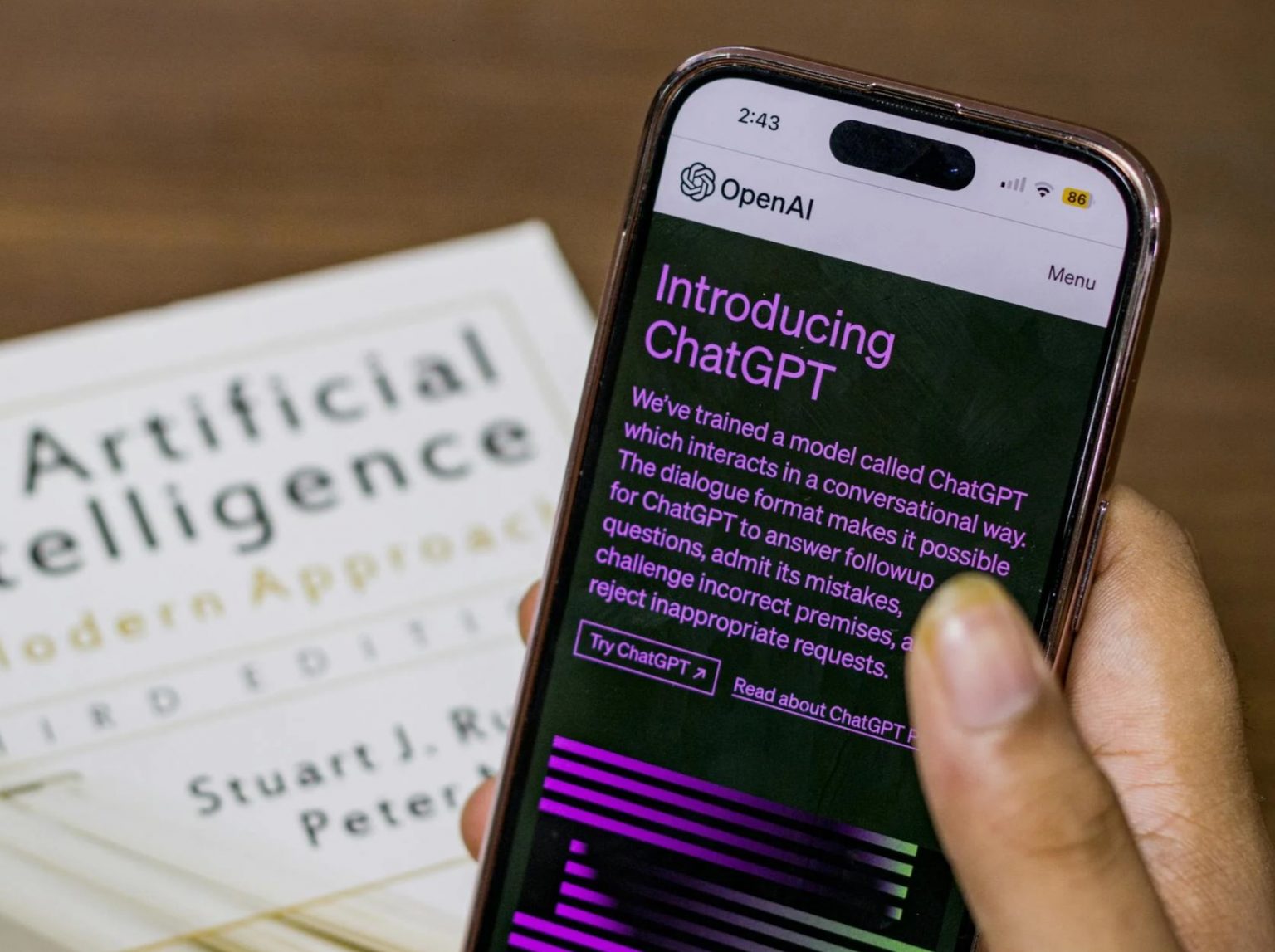- For various reasons, an increasing number of major news companies are choosing to reach agreements with OpenAI instead of resorting to litigation.
- Both of these multi-year partnerships entail an agreement whereby OpenAI can access archival content from the publishers to train its artificial intelligence models.
- While the specifics of the agreements were not disclosed, it is confirmed that both publishers are receiving compensation for their content, mirroring previous arrangements between publishers and OpenAI.
OpenAI, led by Sam Altman, announced collaborations with The Atlantic and Vox Media, enhancing the development and training of its artificial intelligence products through content and product partnerships.
The trend of cooperation
For various reasons, an increasing number of major news companies are choosing to reach agreements with OpenAI instead of resorting to litigation. In some cases, the deals themselves may ultimately bring in more cash, or even do so more quickly, than litigation settlements. These agreements also assist publishers who are eager to integrate artificial intelligence into their operations.
These collaborations are vital for AI model training and can prove profitable for news publishers, who have historically missed out on profits earned by internet giants for distributing their content.
Last week, OpenAI struck a deal with media conglomerate News Corp, which also owns the Wall Street Journal. The Atlantic and Vox Media, have both separately entered into licensing and product agreements with OpenAI. This deal provides OpenAI with more resources for finding credible content to train algorithms and provide information for chatbots, while also further safeguarding this Microsoft-backed company from future copyright liabilities.
Also read: Google unveils Gemma, a lightweight open AI model
Also read: OpenAI created a team to control ‘superintelligent’ AI
Detailed contents
Both of these multi-year partnerships entail an agreement whereby OpenAI can access archival content from the publishers to train its artificial intelligence models.
These agreements also permit OpenAI to utilise the existing content from each publisher to enhance responses to user queries in OpenAI products, including ChatGPT.
The Atlantic released a statement highlighting its collaboration with OpenAI to influence the presentation of news developments and breakthroughs in OpenAI’s forthcoming real-time discovery products. Additionally, The Atlantic announced the creation of an “experimental microsite” called Atlantic Labs, which will serve as a testing ground for OpenAI’s technology, allowing the media company to explore how AI can drive the development of new products and features.
Vox Media, which owns The Verge and Vulture, among other brands, stated that OpenAI will aid the company in developing products for its audience and advertising partners. In a separate statement, Vox Media mentioned that OpenAI will have access to its archives to assist the Microsoft-backed company in improving its technology and enhancing the output of its viral chatbot, ChatGPT.
While the specifics of the agreements were not disclosed, it is confirmed that both publishers are receiving compensation for their content, mirroring previous arrangements between publishers and OpenAI.

